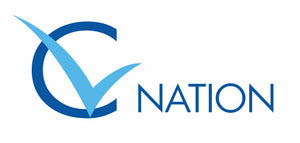When asking this question, interviewers are looking for evidence that you can take accountability and learn from your failings. The key to answering this question is to show how you have used the experience to improve as a business development manager.
Use the STAR methodology to answer questions such as this one. STAR stands for situation, task, action, result. When using this method, you start by describing the situation, followed by the task, the action you took and the end result.
Here is an example answer to this question:
‘When I was employed as business development manager at Example Company, I was attempting to close a deal worth over fifty-thousand pounds with a key client. The client eventually went with another company and I failed to close the deal. After assessing my actions during the sales process, I determined that I could have done more to build a genuine relationship with the client. Ever since this experience, I have always gone the extra mile to build stronger, genuine client relationships.’
